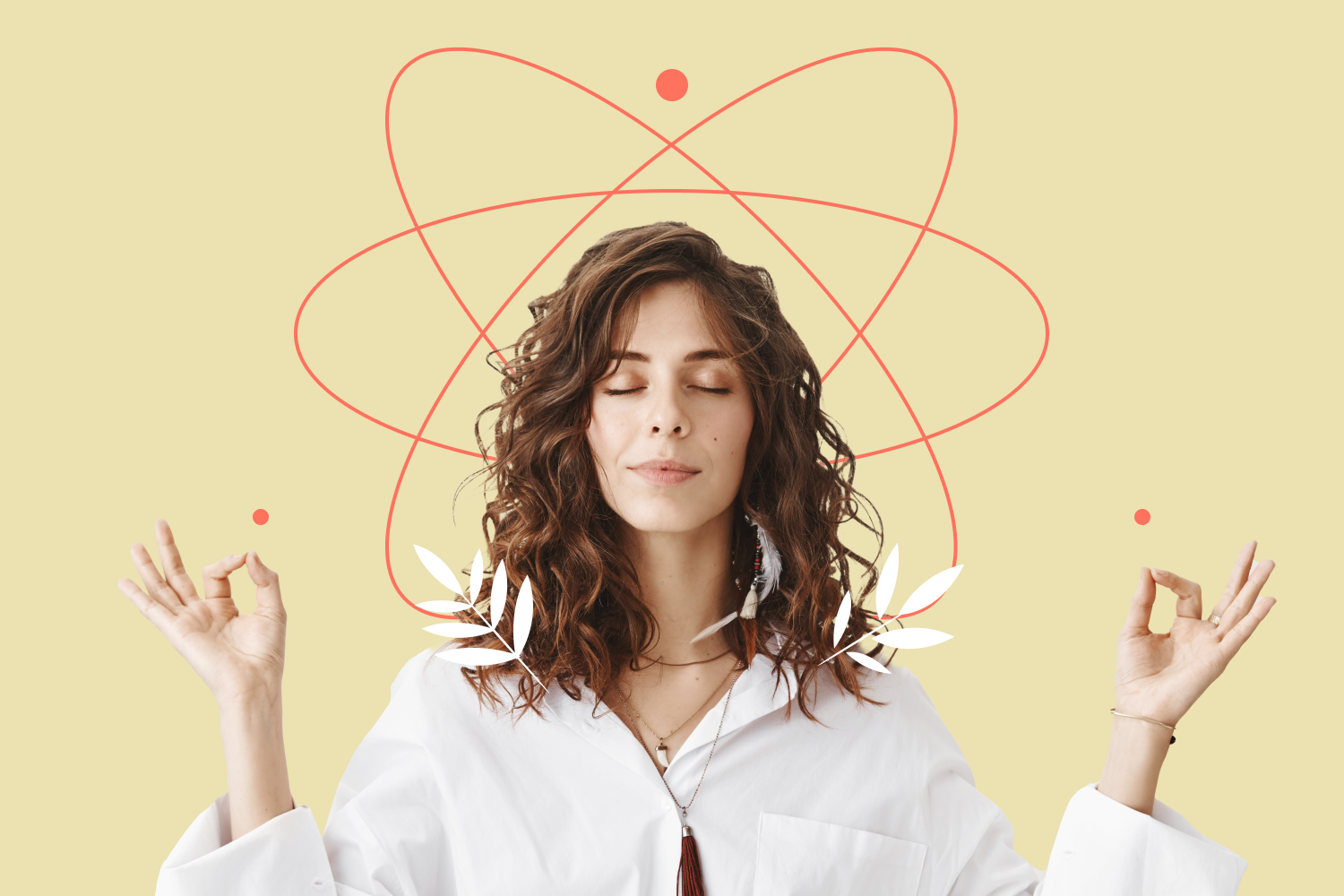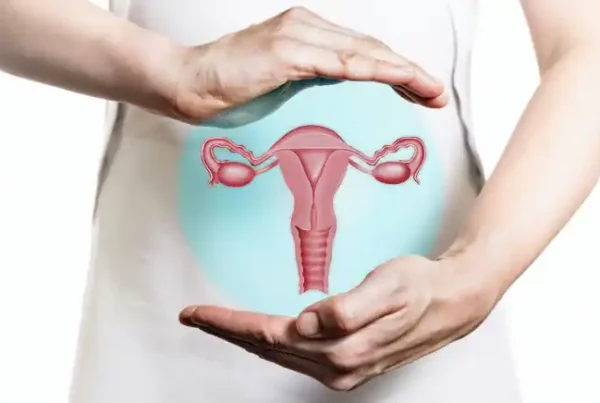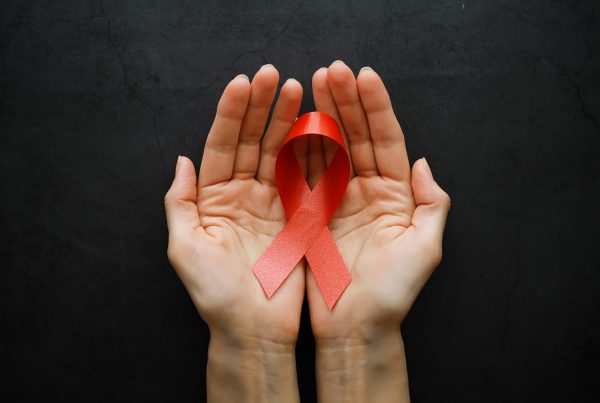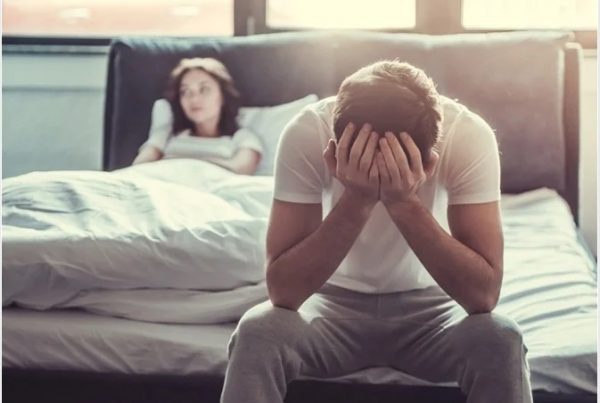Women go through a roller coaster ride of reproductive hormonal changes starting pre pubertal spanning through menarche, through every menstrual cycle to during pregnancy, post-partum, pre-menopausal and post menopause.
It is common knowledge that mood changes in a woman are widely associated with “hormones” and when it comes to basic reproductive health, we think of estrogen, progesterone and the 28 day menstrual cycle, only.
Hormones are chemical messengers in the human body that regulate reproduction, growth and development, metabolism and energy, nutrient and electrolyte balance in the blood and your stress response, which means that female reproductive hormones are more than just the PMS or postpartum depression!
Here is to understanding a few reproductive hormones, and how their imbalances impact the female body.
Estrogen ;
Estrogen is the hormone that brings about the secondary sexual changes in puberty like enlargement of the breasts, the growth of pubic and underarm hair and initiation of menstrual cycles.
It plays an obvious role in child bearing by thinning the cervical mucus, facilitating swimming of the sperm towards the egg during ovulation and also makes intercourse more comfortable by thickening the vaginal walls, increasing lubricant secretions and reducing penetrative pain.
Apart from its role as a female sexual hormone, estrogen impacts the cardiovascular, skeletal and central nervous systems by ,
– regulating cholesterol levels
– Slowing bone mineral loss and increasing muscle mass
– Stimulating and protecting brain cells
– Collagen production and maintaining skin moisture
– affecting mood stability
Estrogen imbalance is seen in some common female health disorders such as Anorexia nervosa, amenorrhea and infertility where the estrogen levels are low. Breast cancer and endometriosis risk is not increased by estrogen but maybe made worse by its presence.
A fall in estrogen levels is seen during menopause causing;
– Mood swings, hot flushes and night sweats
– Dryness and thinning of the vagina decreasing sexual desire
– Drying of skin and loss of elasticity
– Increased bone resorption and osteoporosis
– distorted fat deposition causing weight gain specially in the hips and waist
– reduced muscle tone and strength
hormonal replacement therapy is done for low estrogen levels by a therapeutic small dose of estrogen, commonly in combination with progesterone but healthy estrogen levels are seen to be maintained with getting enough sleep, a balanced diet combined with regular exercise, limited alcohol intake and reducing psychological stress.
Progesterone;
Progesterone is the hormone that maintains menstruation and the early stages of pregnancy in a female by preparing the uterus for the fertilized egg to grow. During pregnancy , progesterone increases by many folds in each trimester helping the uterine wall thicken and enrich in blood vessels to provide nutrition to the growing fetus.
Women with low levels of progesterone are at a risk of menstrual irregularities, subfertility, miscarriages and preterm labour.
Limited research shows that food rich in Zinc, Vitamin C, Vitamin B and magnesium support healthy progesterone levels, however, supplementation of progesterone has to be strictly professionally prescribed.
Testosterone;
Yes, you read that right, every XX has a bit of XY in them !
A small amount of testosterone produced by the ovaries helps women with healthy sexual drive , muscle strength and bone density.
But an excess of androgens is seen in conditions like exogenous steroid intake and polycystic ovarian syndrome resulting in;
-Menstrual irregularities and subfertility
-Excessive body hair, acne, male pattern frontal balding and hoarseness of voice
-Android or apple shaped body with obesity and increased risk of non-communicable diseases like high blood pressure, dyslipidemia and insulin resistance.
It is easy to blame “not feeling ok” on your hormonal changes that occur during your reproductive years which are mostly physiological but recognizing any abnormalities and early treatment approaches are vital in holistic health and a better-quality life.





